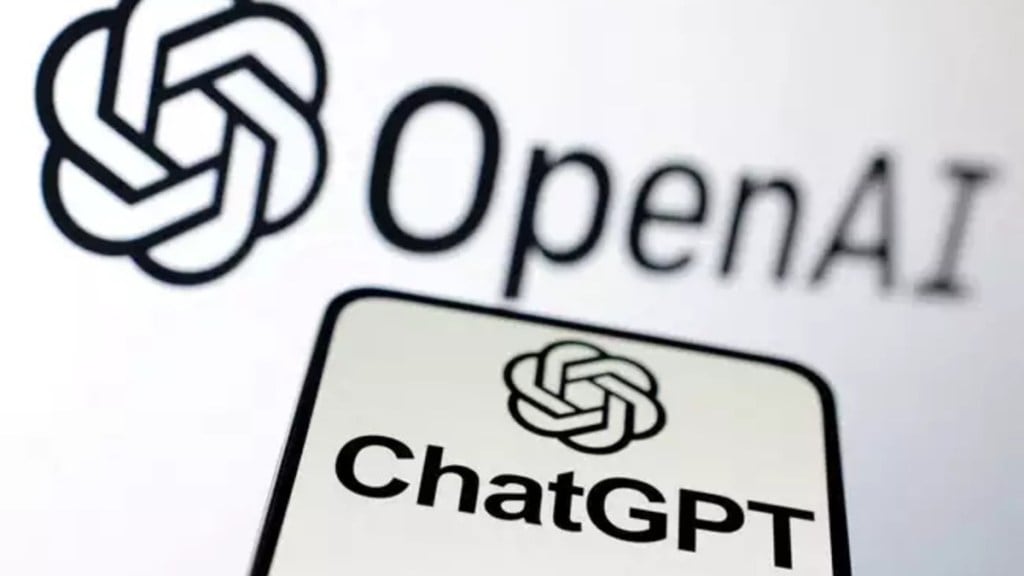OpenAI’s ChatGPT is steadily spreading its wings in the AI space. Initially launched as a conversational AI, it has evolved over the past year, incorporating new features and functionalities. In October 2024, OpenAI introduced web search functionality for ChatGPT, and now, the platform is taking a significant step forward, posing a direct challenge to Google, the world’s largest search engine.
ChatGPT’s web search now open to all
ChatGPT’s web search allows users to perform real-time web searches directly through the platform. This feature leverages the power of Bing and other third-party providers to offer a more integrated and seamless search experience without leaving its interface. This step is aimed at making the platform a one-stop solution for a wide range of queries.
In the latest development, ChatGPT’s search feature is now accessible to all users across its Free, Plus, Team, Edu, and Enterprise plans. For users who are logged out of their Free plan, access to web search is still available. The platform continues to support both desktop and mobile apps. Users can initiate searches by simply typing a slash (“/”) in the text box, selecting the Search option from the pop-up menu. Additionally, the search functionality can be triggered during voice chats, offering users a faster way to retrieve web-based information.
Integration with Chrome and voice search
To further expand its reach, OpenAI has made it possible to set ChatGPT as a browser’s default search engine using the ChatGPT Chrome Extension. This allows users to initiate searches directly from the browser’s URL bar, streamlining the process. The search feature is also extending into voice interactions, with ChatGPT allowing users to ask questions using voice commands and receive web-based answers in real time.








